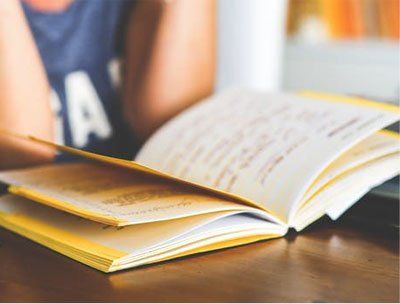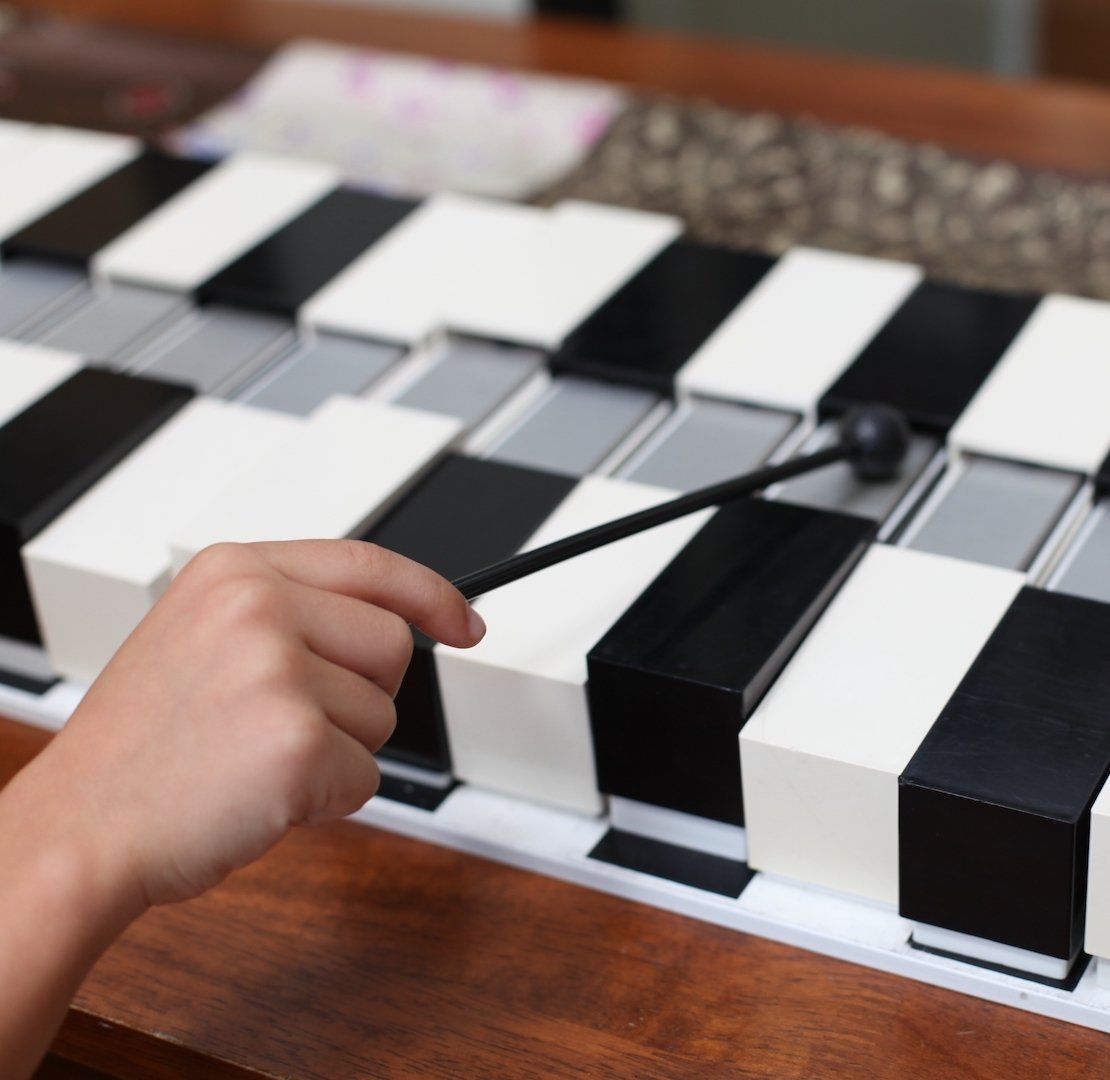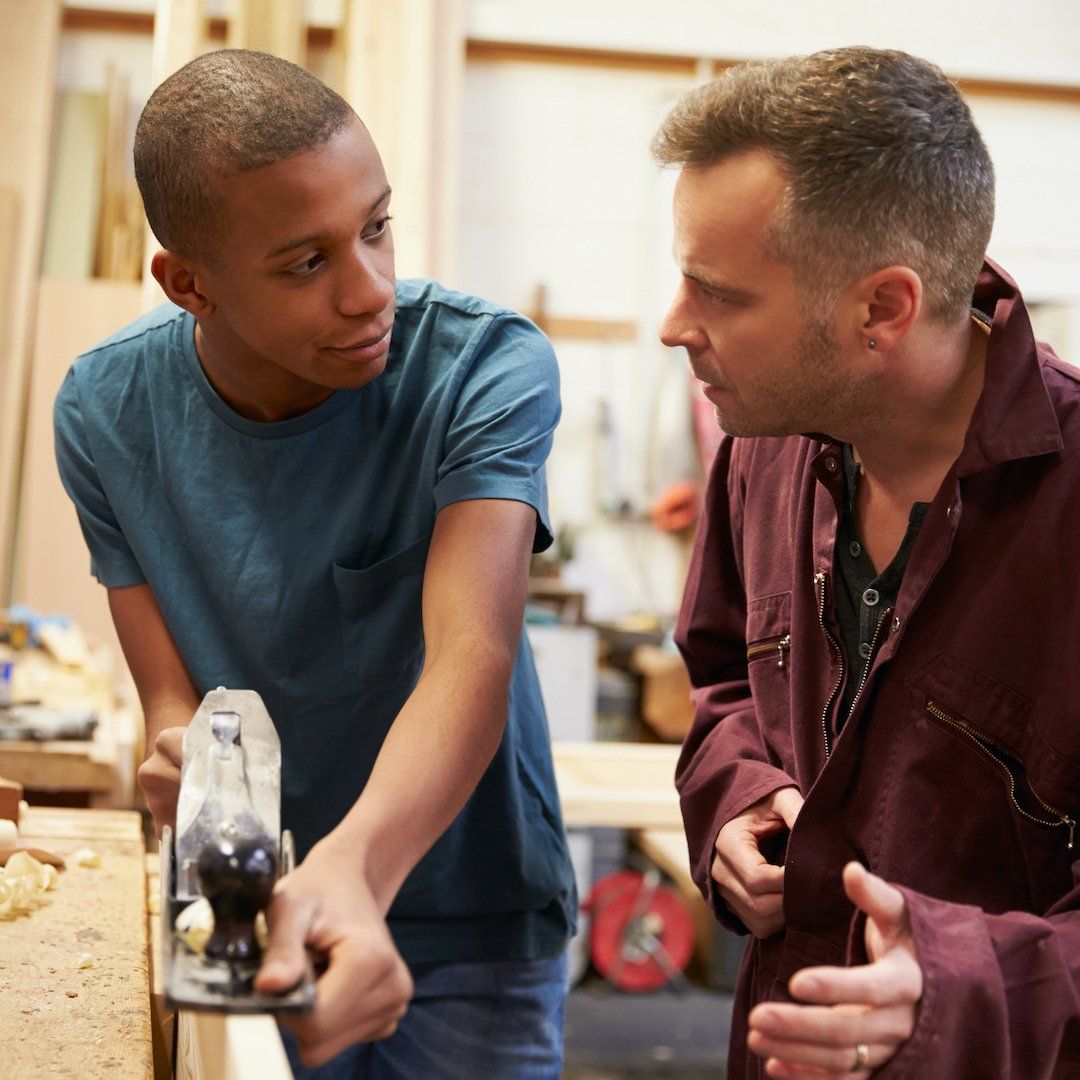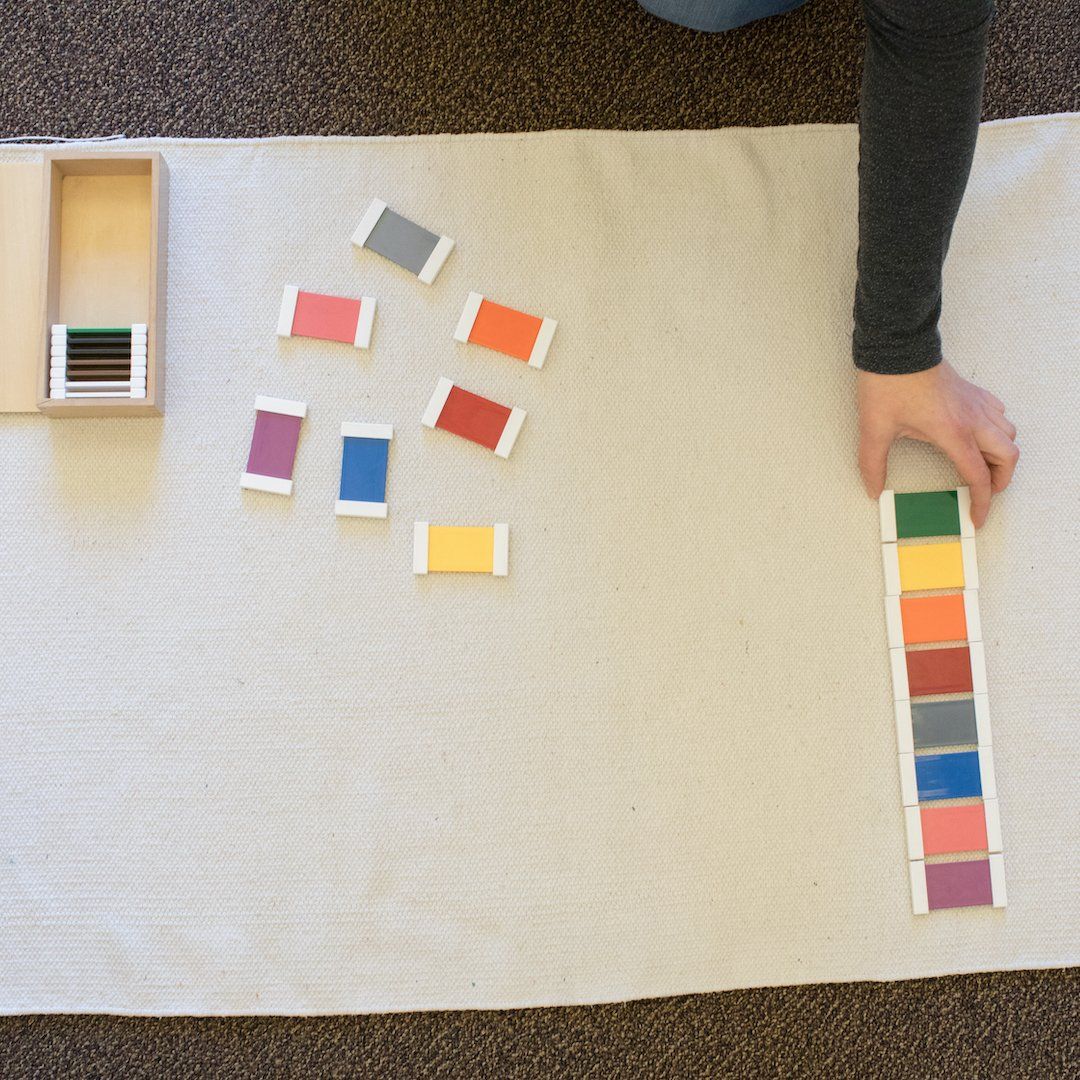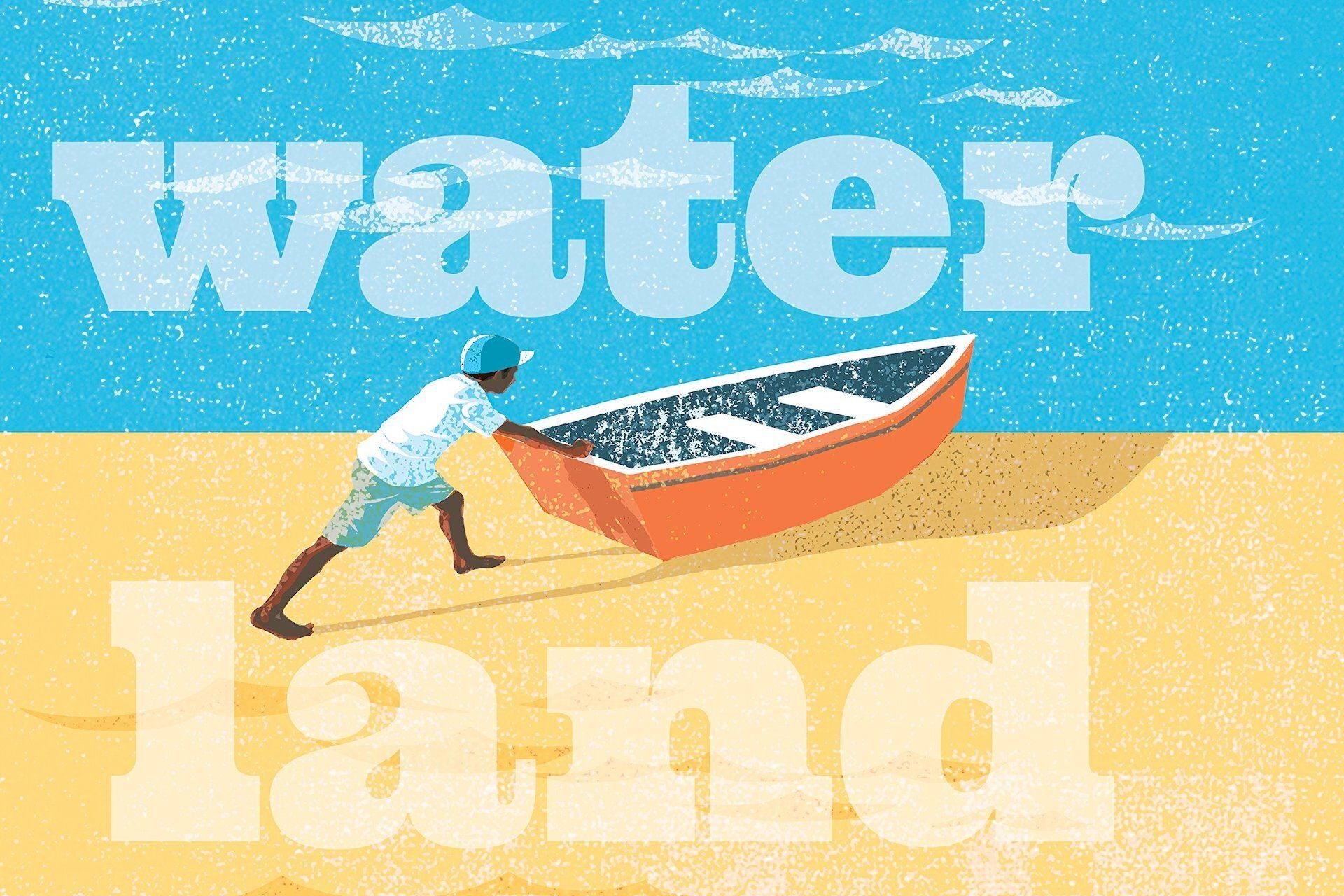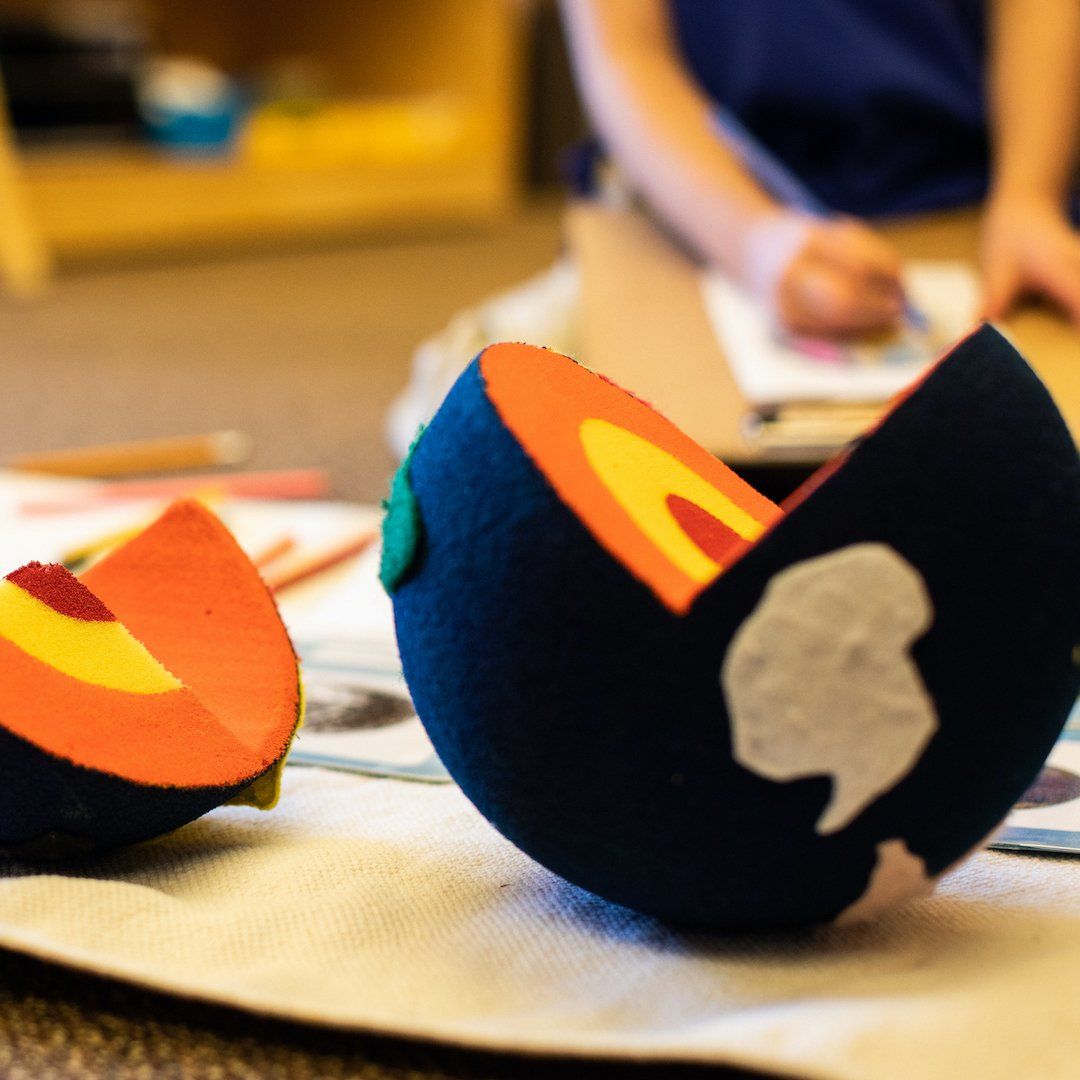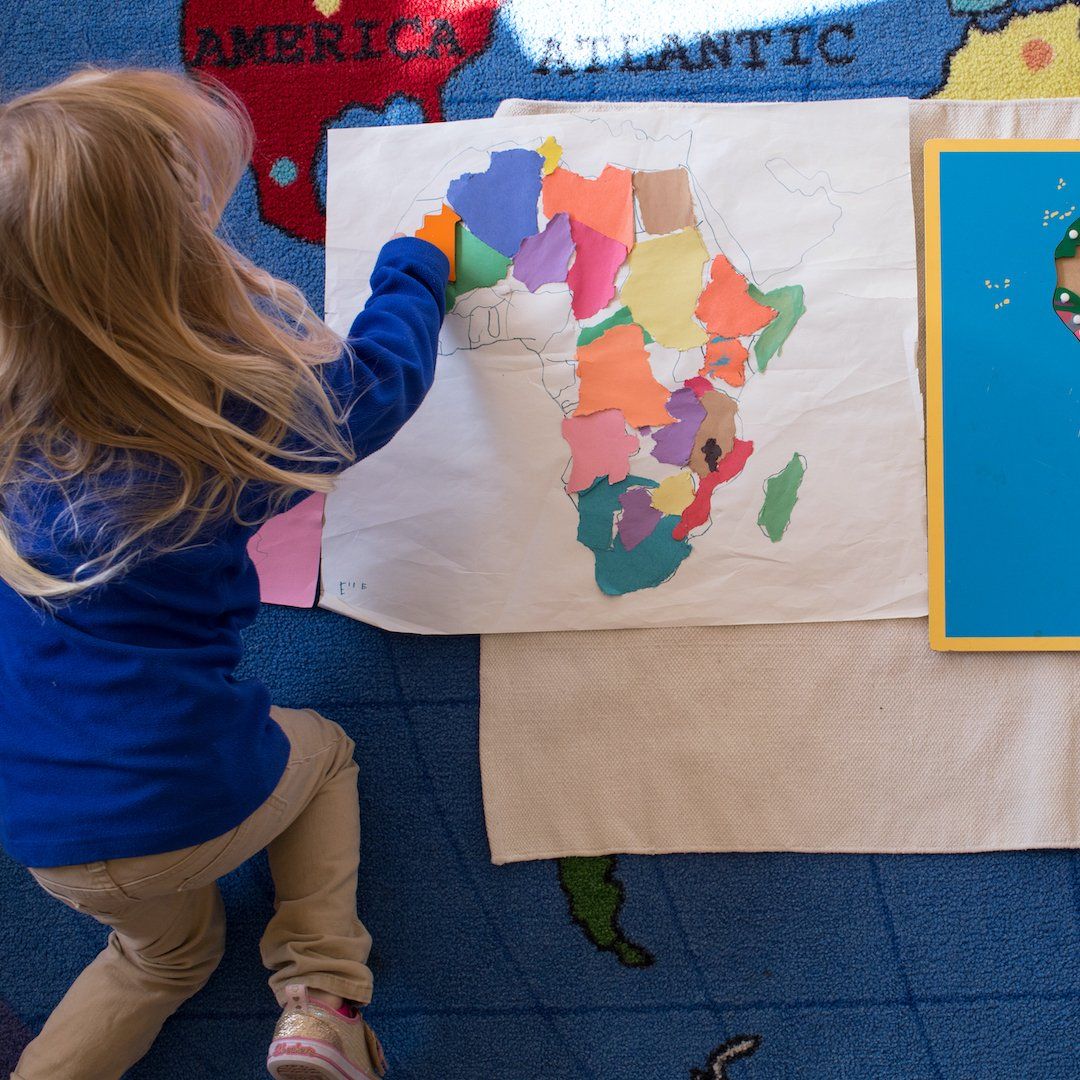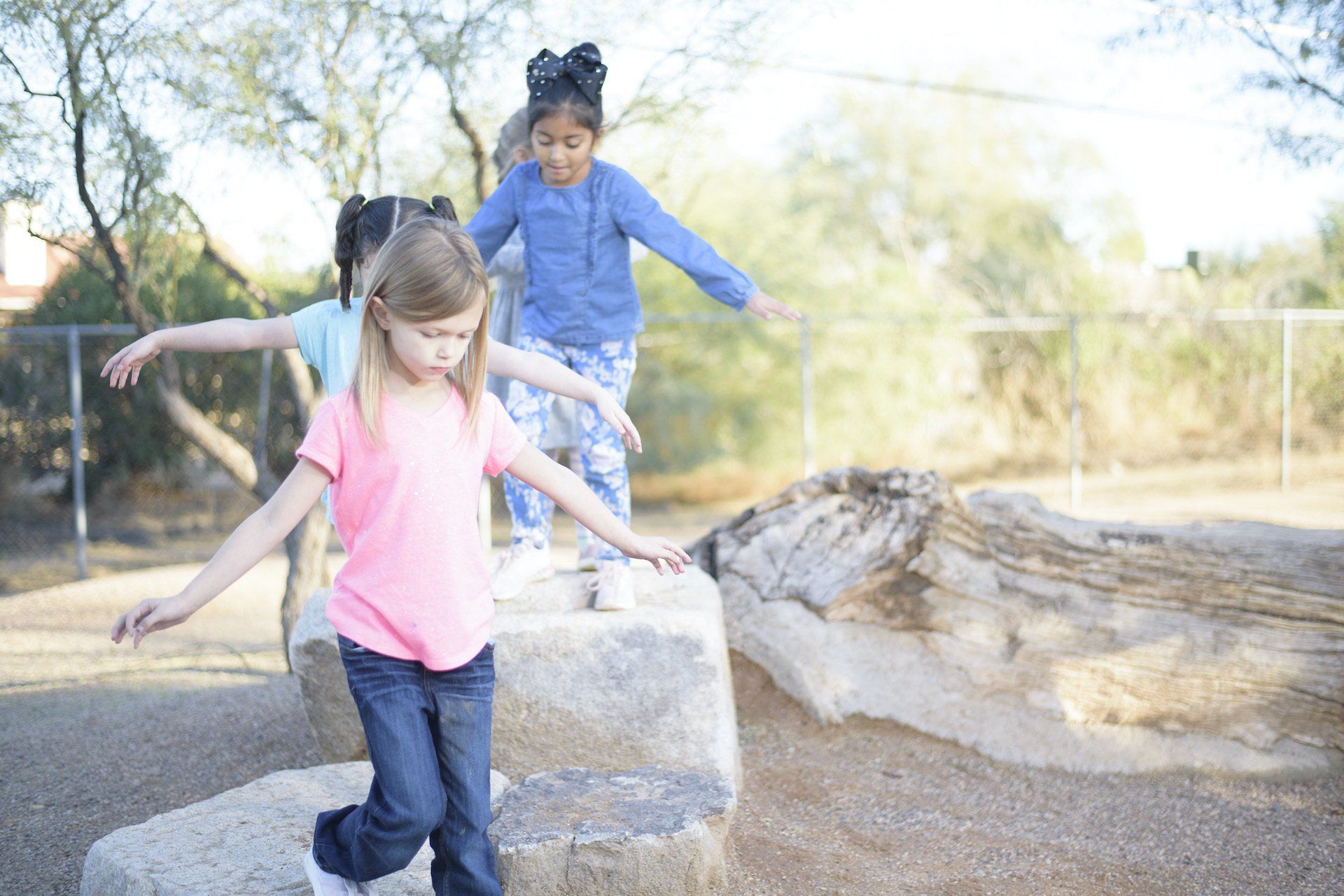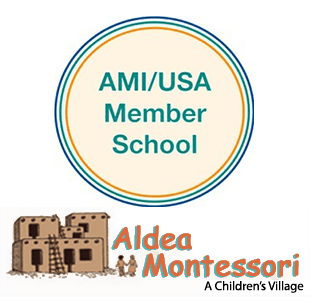A Book List for Parents
Each month we share a book list. Typically it aims to give parents a list of books to share with their children based on a particular theme. This month we take a short break from children’s books to provide parents with a list of their own.
Whether you are looking for original titles written by Montessori herself, modern parent-friendly guides, or other books that may be of interest to Montessori parents, this list is for you.
Montessori: The Science Behind the Genius by Angeline Stoll Lillard
This book is the ultimate guide for anyone who is discovering Montessori or is interested in gaining a modern scientific perspective of the approach. Lillard, a professor of psychology at the University of Virginia, was awarded the Cognitive Development Society’s book award for this title. In an easy-to-read format, she aligns Montessori’s original ideas with current research findings.
The Montessori Toddler by Simone Davies
This new and very popular title was recently published via a Kickstarter fund. Written by an experienced and certified Montessori teacher, it details ways parents can support the unique (and constant!) needs of toddlers. It shares how Montessori’s ideas can be applied by parents with children ages 1-3 in the home.
How to Raise an Amazing Child the Montessori Way by Tim Seldin
This book was written for parents of children from birth to six years of age. Now on its second edition, How to Raise an Amazing Child the Montessori Way has helped many families by describing Montessori’s basic ideas and giving clear, helpful examples of what you can do at home to support your child’s development. Readers will gain information about a wide range of topics like brain development, gentle discipline strategies, and how to foster independence – with plenty of specific strategies.
Montessori Madness! A Parent to Parent Argument for Montessori Education by Trevor Eissler
This much-loved and easy to read book is another great introduction to Montessori. Written by the parent of Montessori children it weaves the stories of one family’s journey into the teaching of Montessori’s hallmarks, including the sensitive periods, the prepared environment, and freedom of choice.
Last Child in the Woods: Saving Our Children From Nature-Deficit Disorder by Richard Louv
This is not a Montessori book, but will appeal to Montessori parents nonetheless. Louv writes about how time spent in nature directly relates to child development. He argues that many of the physical and emotional issues faced by children today are a direct result of our decreased contact with the outdoors. Louv was the 2008 recipient of the Audubon Medal; you can learn more about his work at http://richardlouv.com/.
Interested in reading some of Montessori’s original works? Check out these titles:
What You Should Know About Your Child by Maria Montessori
Writing directly to parents, Dr. Maria Montessori published this book in an effort to teach parents what she had learned about both physical and mental development of young children. Many of Montessori’s works in their original form can be hard to find on sites like Amazon; NAMTA (the North American Montessori Teachers’ Association) has a website that is a great resource for parents and educators.
The Absorbent Mind by Maria Montessori
Montessori considered the period of birth to six years of age to be the most significant developmental period in a child’s life. This book illustrates those developments and how we might prepare an environment conducive to aiding the child on this journey.
The Secret of Childhood by Maria Montessori
This book is another great summary of Montessori’s work and ideas. It is based on the concept that children desire to learn, that as adults our role is to recognize their potential, and what we can do do facilitate their growth. While traditional education encourages teachers to be the center of a classroom, Montessori education focuses on the child. Children are given the freedom to make their own work choices, while the adults are there to serve as support and guides.
To Educate the Human Potential by Maria Montessori
This book was written to explain how the Montessori method applies to children older than six years. The elementary curriculum is very different from the primary curriculum. This is intentional and out of respect for the child’s development. Children at the elementary level are very social, have wonderful imaginations, and experience a deep craving to learn about the world and universe. In this book Montessori outlines how we might prepare an environment that serves older children and their unique developmental needs.
The post A Book List for Parents appeared first on Aldea Montessori | Certified North Phoenix Montessori School.

